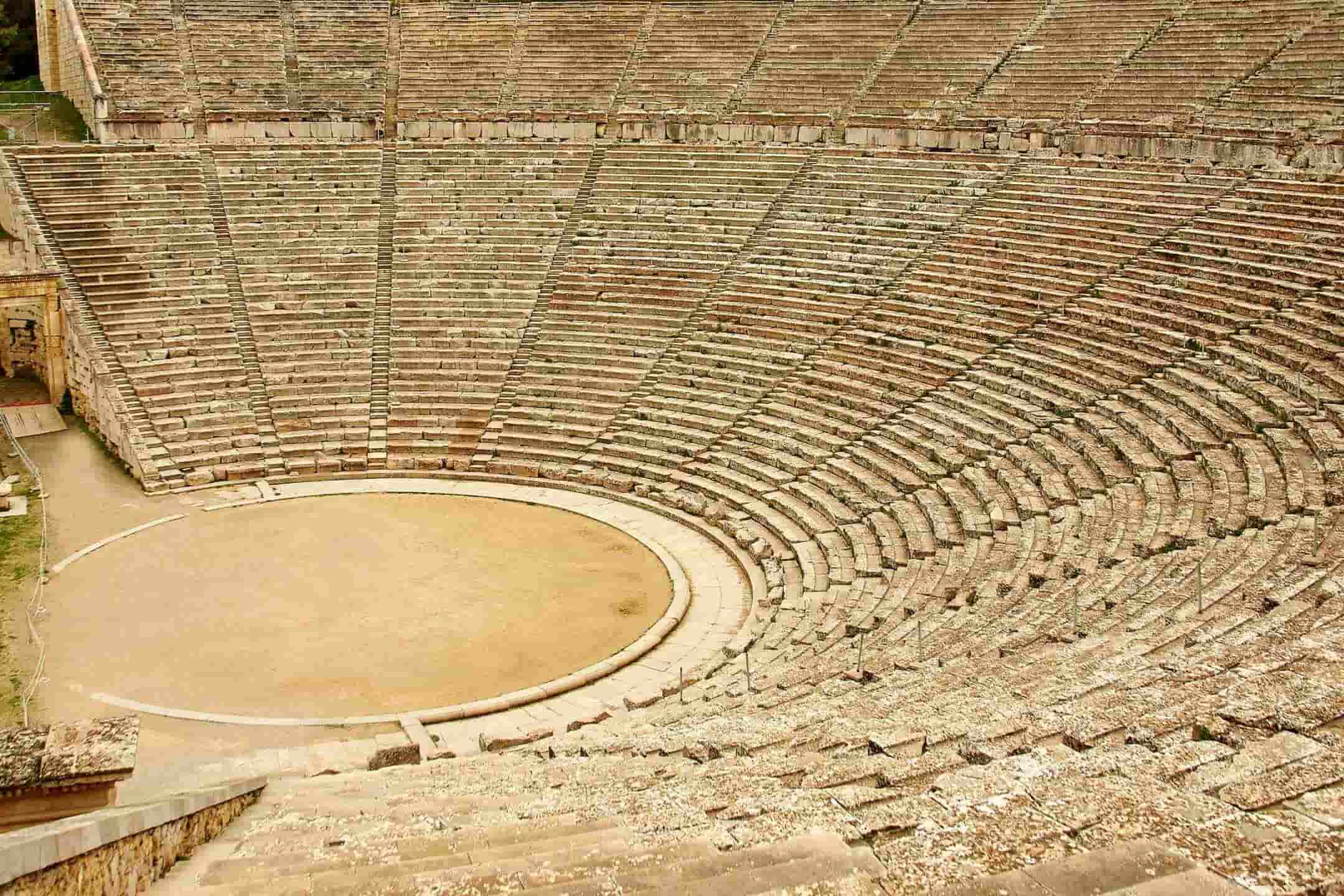The EU report analyses the concrete link between democracy and culture. It maps out how citizens who participate in cultural activities are much more likely to engage in civic and democratic life. Inequalities persist throughout the EU when it comes to citizens’ participation in cultural activities, with a clear knock-on impact on democratic participation. And this is just another reason why it is crucial that cultural activities are inclusive and affordable. Even more so as we see that investing in cultural participation can also support a range of other societal objectives – for example, in fields such as health, education and social inclusion.
This report, and addressing the issues identified within it, is part of the work the European Commission is doing to strengthen democracy, to promote an inclusive and engaged society and to support the sustainability of the cultural sector. In the Work Plan for Culture 2023-2026, there was a specific focus on the link between culture and democracy, and bring policy makers and stakeholders together to jointly work towards the concept of cultural citizenship in the EU.
There is a clear and positive correlation between rates of citizens’ participation in cultural activities and indicators of civic engagement, democracy and social cohesion.
Participation in cultural activities strengthens democracy and social cohesion in many different ways. The benefits of participating in cultural activities include:
- Increased likelihood to vote, to volunteer and to participate in community activities, projects and organisations.
- The development of positive social attitudes associated with civic and democratic values and identities, such as feelings of community belonging, tolerance, trust and empathy for people from different backgrounds.
- The development of personal and social skills and competencies that are essential for functioning democracies as they enable individuals to be more effective citizens-like self expression, the ability to listen to others, to understand different perspectives and to facilitate conflict resolution.
Cultural activities help build social capital, the glue that holds communities together; they help create trust, tolerance, solidarity and cohesion.
Cultural participation influences civic and democratic attitudes and behaviours independently of a person’s socio-economic background or educaTion level. Both active and more passive forms of cultural participation are positively associated with civic attitudes and outcomes. However, stronger effects are found in more active forms of cultural participation.
In addition to strengthening democracy, cultural activities can support the delivery of a range of wider social policy objectives, in fields that include health and social care, education and social inclusion.
There are important inequalities in cultural participation in the EU, with severe consequences. Promoting democracy and social cohesion in the EU requires addressing these inequalities.
The inclusiveness and affordability of local cultural activities and organisationsis fundamental to their social, civic, and democratic value. The density of local cultural offer in an area and the volume of direct and indirect public funding for cultural opportunities are positively correlated with rates of cultural participation and with patterns of civic and democratic behaviours.
Investing in citizens’ cultural participation is essential in any effort to promote civic engagement and democratic outcomes in the EU - at European, national, regional and local level.
Read the report here








